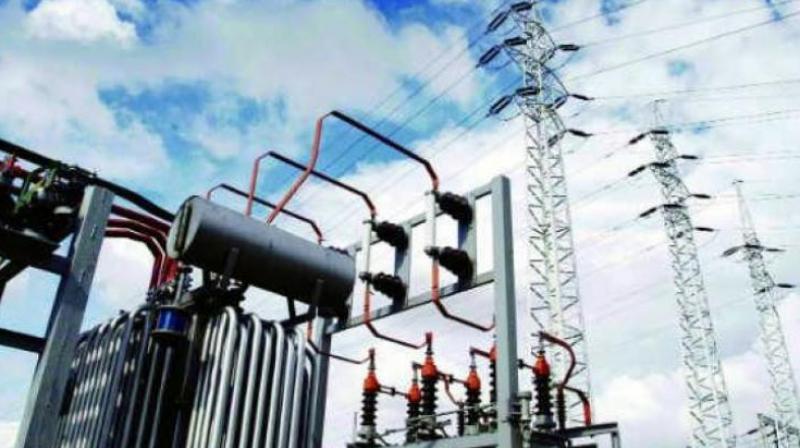Karnataka: Solar energy to make up for power shortfall?

Bengaluru: The energy department is now keen on making up the shortfall from the thermal power plants, which are likely to be shut till the end of monsoon, through renewable sources of energy as the state generates 12169.37 MW through such sources, the highest in the country.
Last month, thermal power units at Raichur and Ballari were shut down due to a shortage of coal and energy department officials said that this will continue till the monsoon-end.
The state has set itself a target of generating 20,000 MW of electricity through alternative sources in 3-4 years, but the major impediment is the availability of land.
"Each megawatt requires 2 hectares of land and the availability of land for installation of panels is a major issue. Moreover, the rooftop potential has not taken off as vigorously as expected. Citizens are serious about it only in Bengaluru," said former chairman of Karnataka Electricity Regulatory Commission (KERC) M.R. Sreenivasa Murthy Asked about his expectations from the new government on adopting solar energy, Mr Andrew Hines, co-founder, CleanMax Solar, said, "The solar policy of 2014 encouraged investment into solar power for open access. For long-term clarity, it was good for generators as there would be exemption of certain green charges for ten years for supply in open access. Since the projects commissioned in 2014 got over before March 31, the question for the new government is what would be the next step."
He said that though Karnataka has one of the highest solar installed capacities, there has been no major push from the state government towards solarisation of state government properties.
CleanMaxSolar built Karnataka's first solar farm of 30 MW capacity at Pavagada in Tumakuru district. At a meeting of the standing committee last month, it was decided that there would be no safeguards duty and anti-dumping duty.
But there is an apprehension among solar power producers that if safeguards and anti-dumping duties are imposed in the future, solar power tariffs might spike by Rs 2.50 per unit to Rs 4.50 per unit since there will be a surge in input costs. Mr Murthy, however, said that even if these duties were imposed, the tariff would go up to Rs 3 and not Rs 4.50 as claimed by producers.

